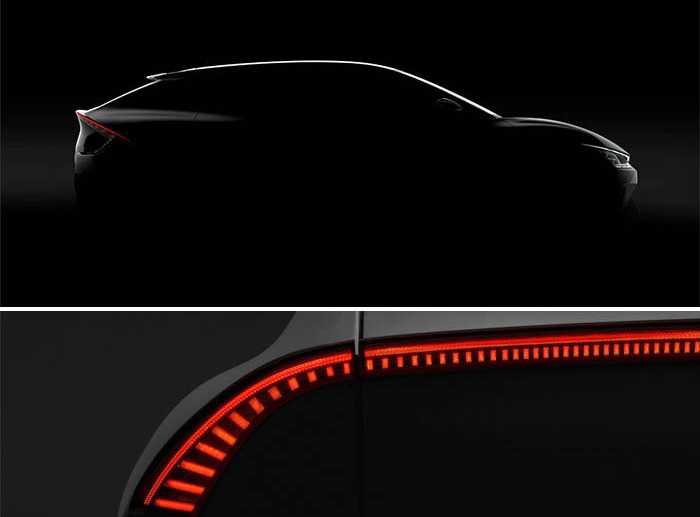Carmakers Desperate to Find Reliable EV Battery Supply
11 March, 2021

Global automakers in the U.S. have sent a petition to the U.S. International Trade Commission seeking leniency for Korean EV battery maker SK Innovation in a legal dispute over the misappropriation of trade secrets with rival LG Energy Solution.
The automakers are frightened that any punitive measures taken against SK could seriously hurt their battery supply. Following the ITC's preliminary ruling in favor of LG, that could force SK to shut its factory in Georgia, Volkswagen and Ford said they could face huge problems creating electric cars, and it would cost American jobs through the coronavirus pandemic.
Teaser images of Kia's first purely electric car, the EV6
◆ Battery Makers' Clout
Battery demand is increasing exponentially as carmakers start shifting to electric cars, but suppliers of the fuel cells have been unable to continue. It has forced automakers to go all out to secure stable supplies of batteries.
GM is currently creating a jv battery factory with LG, which is the second for the Korean company. This may raise concerns that GM is now too dependent on LG. But industry insiders say stable supplies will be the prime concern. There are even rumors that LG had to turn down a supply request from another automaker since it had been at full capacity.
The situation is likely to continue for a significant time. Market analysts SNE Research said battery supply currently surpasses demand, and there is a dire shortage if Chinese manufacturers are excluded. It warned that demand will surpass supply until 2025 and a supply shortage can last until 2030.
One U.S. automaker with a Korean supplier recently saw among its electric cars catch fire. This incident would usually prompt the automaker to press the battery producer to compensate for damage. However the automaker is apparently hesitant to sue the battery maker for fear of a disruption in supply.
◆ Chinese Dominance of RECYCLEABLES
Another problem is that China currently controls the way to obtain raw materials for lithium-ion batteries like nickel, cobalt and manganese. Africa's Congo region accounts for 70 percent of the supply of cobalt, which may be the most expensive of these, and Chinese companies own the rights to four out of seven cobalt mines in the Congo.
China also makes up about 76 percent of the global supply of precursors -- a blend of nickel, cobalt and manganese. Aluminum, which isn't a rare metal, can be essential to produce anodes, and China controls 57 percent of global aluminum output. In addition, it accounts for 64 percent of the global output of graphite and silicon, which are used to make cathodes.
What is most troubling is that China makes up about 98 percent of global output of rare-earth factors that are used to create permanent magnets for electric motors. China has the world's greatest reserves (44 million tons) of rare-earth elements. Its proportion of global output this past year fell to 62 percent because of checks by the U.S. and Australia, however the U.S. still relies on China, sending recycleables to the Asian country for processing and importing them again.
Korea imports half its rare-earth elements from China. Which means they can continually be used as a bargaining chip by China in its trade war with the U.S. This past year, China passed a law authorizing the limitation of rare-earth-element production and exports.
Source:
TAG(s):
